A new study published on April 12 in Medscape gives us an update on the Hantavirus genus of pathogens, which spread viruses via rodents that can cause fatal diseases in humans, such as hantavirus pulmonary syndrome (HPS).
Hantaviruses are an underreported risk for people, especially in the United States, and this latest study gives us a new perspective on the impacts of these little-known pathogens. All patients in the study had to show specific symptoms of HPS, which is most commonly caused by the Sin Nombre virus in the US:
To be included as an HPS case-patient, patients were required to have no other cause of illness and to have an acute febrile illness with unexplained acute respiratory distress syndrome or evidence of interstitial pulmonary infiltrates on chest radiograph or to have an unexplained respiratory illness that resulted in death and an autopsy finding compatible with noncardiogenic pulmonary edema.
The study, from researchers from the Centers of Disease Control and Prevention, among other institutions, looked at 662 cases between 1993 and 2015 in the United States. Here are some highlights that the researchers discovered:
- Out of the 651 cases to have outcome data, 230 patients died (35%).
- Race was accounted for in 648 cases, and 78% of those affected were white, while 18% were American Indian.
- American Indians had a higher case-fatality rate than whites, 46% versus 33%, respectively.
- On average, rodent exposure was reported to be 71% at home, 32% at work, and 24% in recreational areas.
- Recreational exposure had a large discrepancy between US coasts, between 47% on the East, and 23% on the West.
- Mobile homes, cars, and trailers accounted for 7% of rodent exposure.
- 17% of patients, out of the 319 persons to report rodent exposure, reported cleaning rodent-infested areas, while, out of 450 patients recorded to have a profession, 54% worked jobs that were considered unlikely for rodent contact.
However, this data might not show the complete picture, as the study authors note. This is because of various reasons, such as underreporting of misdiagnosis of HPS, and because of lack of ethnicity, race, and occupation information available, as well as difficulty figuring out where certain cases contracted a virus, such as workers who lived at their workplace.
Still, it appears the best way to avoid contracting HPS, or coming into contact with a hantavirus pathogen, is to use extreme caution when around rodent-infested areas. Rodents and their waste can carry the pathogen and can be contracted just by breathing in dust from the contaminated area. We recommend taking great care when in these locations.
Just updated your iPhone? You'll find new emoji, enhanced security, podcast transcripts, Apple Cash virtual numbers, and other useful features. There are even new additions hidden within Safari. Find out what's new and changed on your iPhone with the iOS 17.4 update.
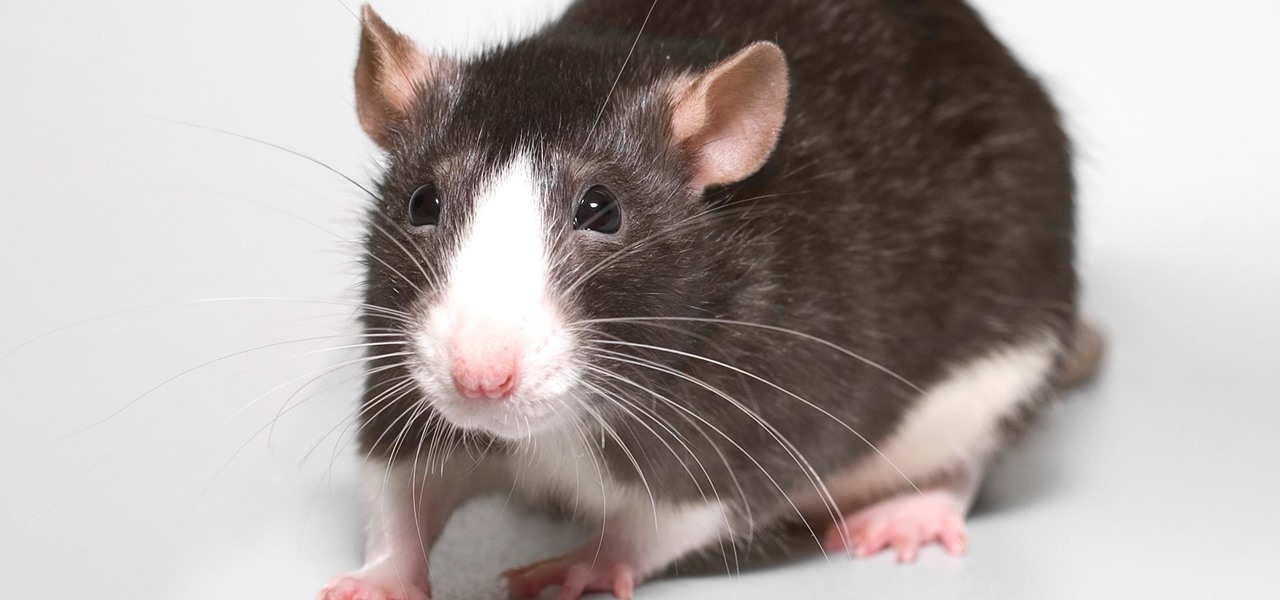




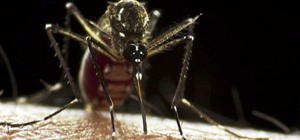
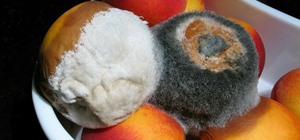



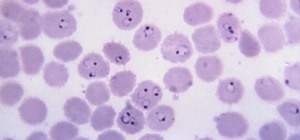

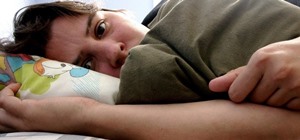
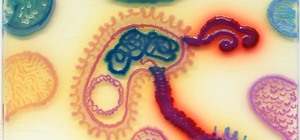
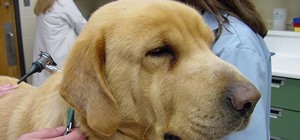


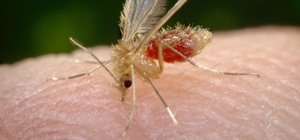

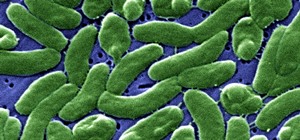







Be the First to Comment
Share Your Thoughts